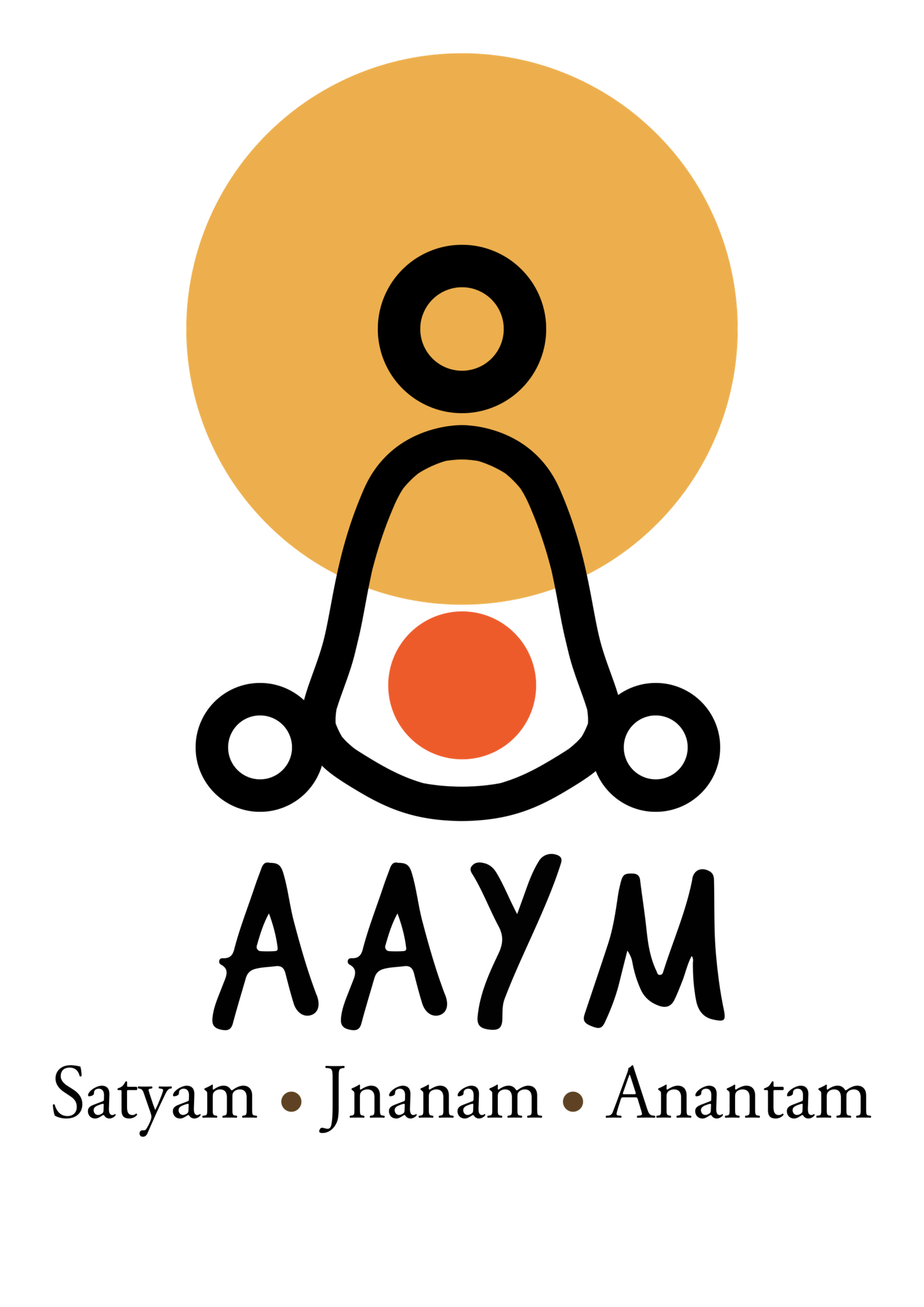Are you looking to improve your heart health, lose weight, or eat more balanced meals? Finding the best diet can be a game-changer for achieving your health and wellness goals. With so many diets out there, it can be overwhelming to choose the right one. That’s why we’ve consulted top nutrition experts to bring you the best diets of 2024.
Top 10 Diets of 2024
Here are the diets that received the highest ratings from our panel of eight nutrition experts:
- Mediterranean Diet
- DASH Diet
- Flexitarian Diet
- MIND Diet
- Vegetarian Diet
- Noom
- New Mayo Clinic Diet
- Pescatarian Diet
- Ornish Diet
- Plant-Based Diets
What is a Diet?
A diet is simply the foods and drinks you consume daily. Diet plans are often designed with a specific purpose, like weight loss, better blood sugar control, or improved heart health.
Why Diets Matter
Eating a healthy diet can lower your risk of chronic diseases like diabetes, heart disease, and cancer. It also helps you maintain a healthy weight and feel better overall.
Who Should Diet?
- Want to lose weight? A diet can help you shed those extra pounds.
- Unhealthy eating habits? A diet can steer you towards better choices.
- Health problems? A diet can address issues like high blood pressure or digestive distress.
Who Shouldn’t Diet?
- Adolescents should avoid strict diets to prevent eating disorders.
- Anyone prone to eating disorders should be cautious with diets.
Types of Diets
- Plant-Based Diets: Focus on vegetables and legumes. Variations include vegetarian and pescatarian diets.
- Low-Carb Diets: Restrict carbohydrate intake while increasing healthy fats. Examples are the Atkins, keto, and paleo diets.
- Raw Foods Diet: Consume 90% or more raw foods, such as fruits, vegetables, nuts, and seeds.
- Intermittent Fasting involves alternate periods of eating and fasting. Popular methods include the 5:2 and 16:8 approaches.
What is a Balanced Diet?
A balanced diet emphasizes fruits and vegetables, whole grains, lean proteins like fish or poultry, and healthy plant oils like olive oil. Staying active and avoiding sugary drinks also contributes to a balanced lifestyle.
How to Start a Diet
- Choose a plan: Find one that fits your life and goals.
- Test it out: Try it for a few days to see if it works.
- Stick to it: Stay committed by setting mini goals and tracking your progress.
How to Stick to Your Diet
- Know your why: Understand why you’re dieting and keep that motivation in mind.
- Track progress: Keep a food diary and track your weight and activity levels.
- Set mini goals: Break your ultimate goal into smaller, actionable steps.
- Spice things up: Experiment with different ways to prepare foods to keep meals interesting.
- Treat yourself: Reward yourself with non-food treats when you hit milestones.
How Long Does it Take for a Diet to Work?
You’ll know within days if a diet feels right, but it may take weeks or months to see significant weight loss. Aim for a healthy weight loss of 0.5 to 2 pounds per week.
Signs a Diet Isn’t Working
- Rapid weight loss: Losing more than 2 pounds per week could be unhealthy.
- Preoccupation with food: Obsessing over calories and food groups.
- Health issues: Experiencing dizziness, menstrual irregularities, or other health problems.
Pros and Cons of Dieting
Pros:
- Lowers risk of chronic diseases.
- Prevents weight gain.
- Improves overall well-being.
Cons:
- It may be ineffective long-term for some.
- Restrictive diets can be hard to maintain.
- Extreme dieting can impact mental and physical health.
Safest Diets to Follow
The safest diets include all needed nutrients and promote gradual weight loss. The Mediterranean, DASH, and Flexitarian diets are excellent examples.
Diets to Avoid
Avoid diets that:
- Severely restrict calories.
- Cut out entire food groups.
- Cause rapid weight loss.
- Promote pills or supplements with outrageous claims.
- Discourage exercise.
Finding the Best Diet for You
When choosing a diet, consider your goals, preferences, and lifestyle. A healthy, sustainable diet should include a variety of foods, enough calories, and flexibility to adapt to life’s challenges.
Final Thoughts
Choosing the proper diet can significantly affect your health and well-being. Take the time to find a diet that fits your life, and remember to consult your doctor before starting any new eating plan.

